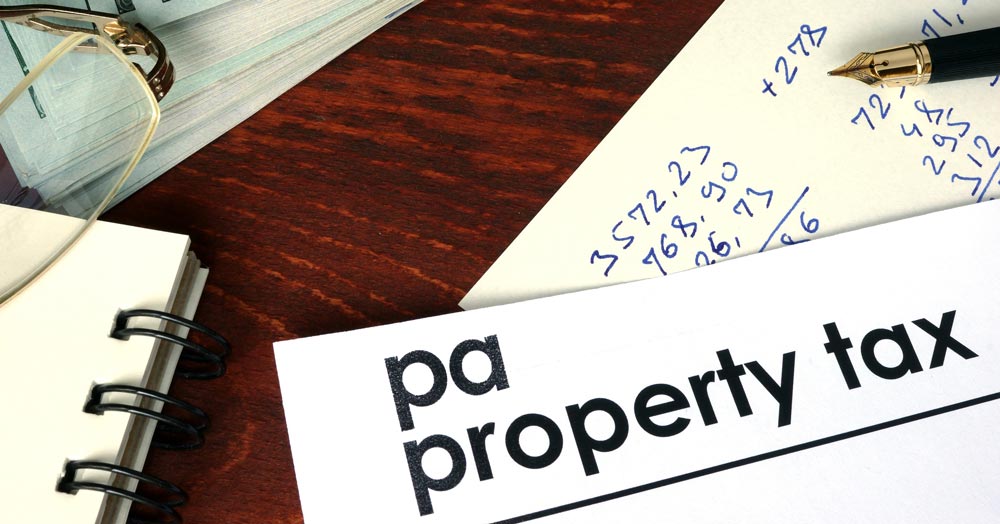May 2020 marks the second month where lost business revenues, unpaid rent and tenant expense reimbursement could have a significant impact on landlords and owners of commercial and residential income producing properties. What can be done?
With the near universal loss of business revenue during the coronavirus pandemic, everyone is being affected. Lawmakers have enacted The Coronavirus Aid, Relief, and Economic Security Act (CARES Act) preventing evictions, mortgage foreclosures, and related legal remedies typically invoked for the failure to meet real estate based contractual obligations. News outlets report numerous instances where tenants or tenant advocacy groups are pursuing lease concessions, rent reductions, lease modifications, and other similar approaches to addressing tenant concerns during the coronavirus displacements.
Where PA property renters are being aided by legislation preventing evictions and foreclosures, the Covid situation can significantly hinder landlords and property owners ability to collect rents and reimbursements. Income producing properties, such as retail shopping malls and centers, office buildings, apartment complexes, hotels, restaurants, and similar other properties which derive revenue from the use of real estate, have been particularly impacted. While the resultant impacts to real estate derived revenues are hopefully temporary, they all create the potential for very significant near term impacts to real estate owners and managers in the form of disrupted operations, lost revenues and the reduction in real estate values.
The loss of tenant revenues impacts the ability of ownership to pay their own real estate related expenses. Real estate taxes are typically a significant expense line item for income producing properties, typically exceeding ten or more percent of gross rental revenues. Where rent and related revenues are significantly impacted, owners, landlords and managers should consider strategies to reduce real estate tax expenses in the effort to weather the COVID 19 storm.
Commercial property owners should consider a 2021 property tax appeal to reduce property expenses.
Real estate tax assessments in Pennsylvania are directly based on property values. County assessment offices will be re-certifying real estate tax assessments for tax year 2021 over the next few months. Property owners who believe their property may be impacted by the Covid crisis such that the current assessment overstates the actual fair market value of the property should consider filing an appeal for 2021.as part of the2021 re-certification process. Most Pennsylvania counties have appeal deadlines for 2021 of between late July and September 1. If you do not file a 2021 appeal by the upcoming deadline, your right to challenge the assessment for 2021 is permanently lost. For important dates regarding appeals in Delaware County PA, see our breakdown.
In conclusion, if you are the owner, landlord, or property manager of a retail, hotel, office, apartment, or similar income producing property, and you have experienced or expect to experience a significant loss in rental and related revenues generated at or by your property as a result of the coronavirus pandemic, you should consider filing a real estate assessment appeal for Tax Year 2021.
